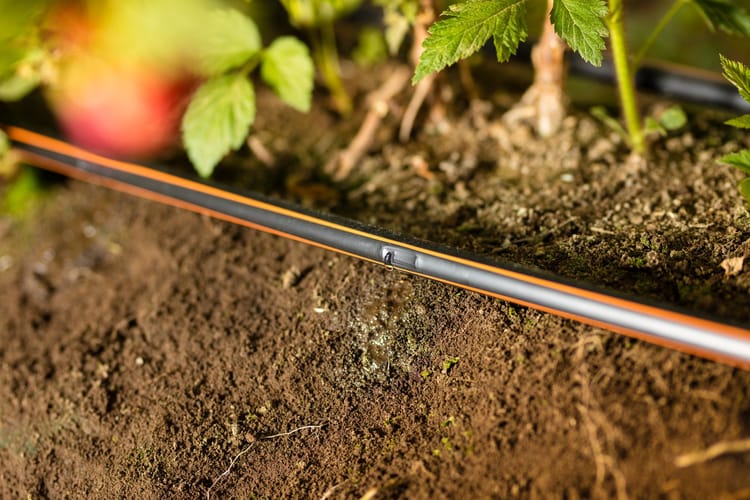Precision and Efficiency is within Reach
Discussions around modern farming increasingly centres around precision and efficiency. Low-delivery drip irrigation technology and concepts such as continuous irrigation bring these discussions into practice. With continuous irrigation, farmers are able to focus water and nutrient delivery on the root-zone, controlling the depth of irrigation very efficiently. With low-delivery drip irrigation, the farmer can have more control over the way the water moves through the irrigation system into the soil, and even water distribution in the soil. This results in better utilisation of lower potential soils.
Reasons to choose continuous irrigation:
- Irrigate larger areas simultaneously.
- It is simpler to automate the system.
- Managing the system is less complicated.
- Better utilise certain problem soil areas.
- More efficient distribution of water and nutrients below the dripper, which leads to a larger wetted area where the plant can extract water from.
- Minimise leaching of fertilisers and water below the root-zone.
- Improved system hydraulic performance due to longer irrigation time.


